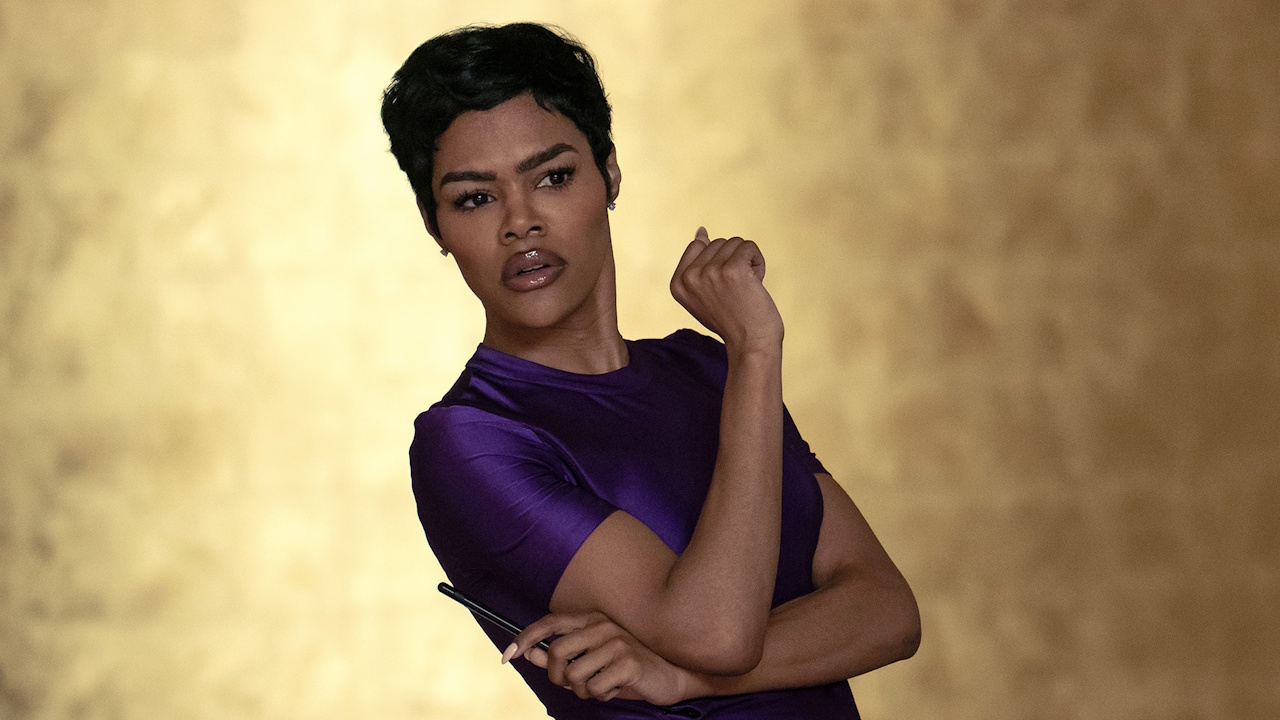6 Ways Pressure Cooker Is A Refreshing Take On Cooking Shows
Let's cook up a spin on the usual cooking competition.
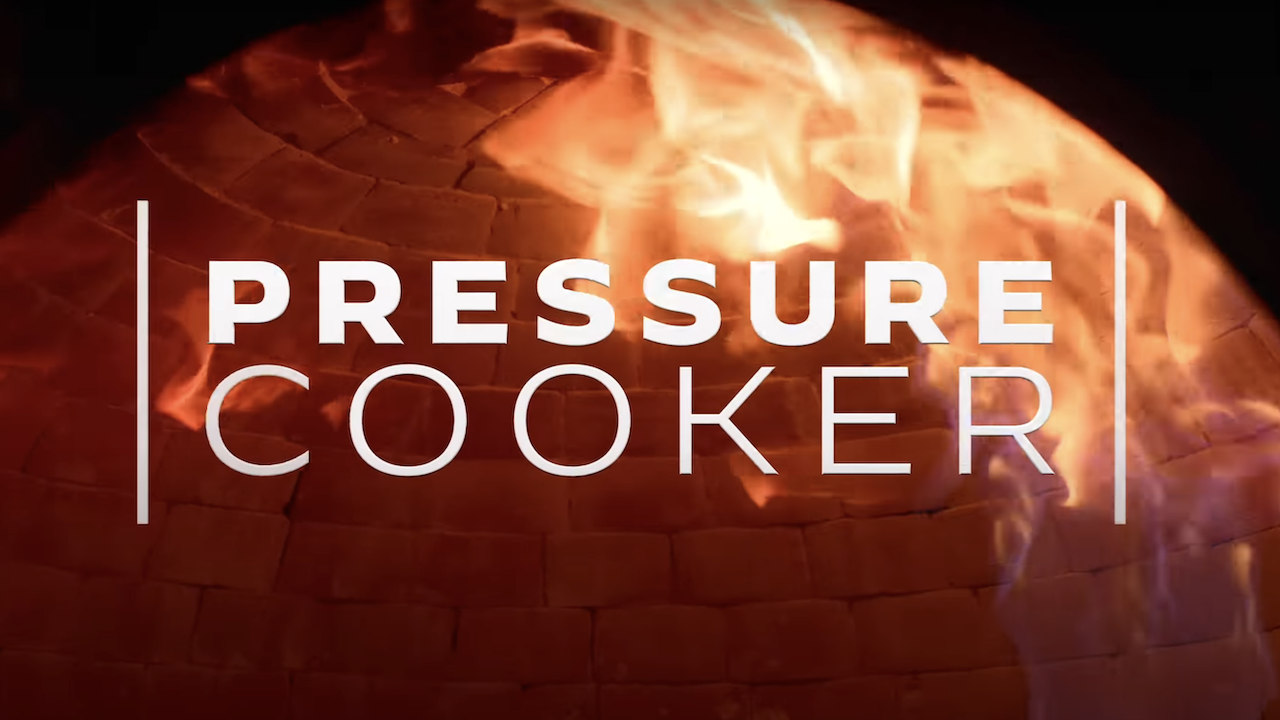
There are so many great cooking shows available to watch or stream. Chefs and TV personalities, such as Gordon Ramsay, Curtis Stone, Giada De Laurentiis, Ina Garten, and many others have made some of their empires off of food television. They help people learn to cook and provide lots of entertainment. Netflix has been actively growing its original food programming, and Pressure Cooker is one of its latest entries into the cooking competition world.
Without watching it, the show seems like any everyday cooking competition series, as it involves chefs coming together to cook and win a major prize. It has a lot of things that we love about reality cooking shows, but Netflix may have found its next reality TV show hit with Pressure Cooker. It isn’t quite the cooking show that viewers may have come to know, and that’s what makes it great.
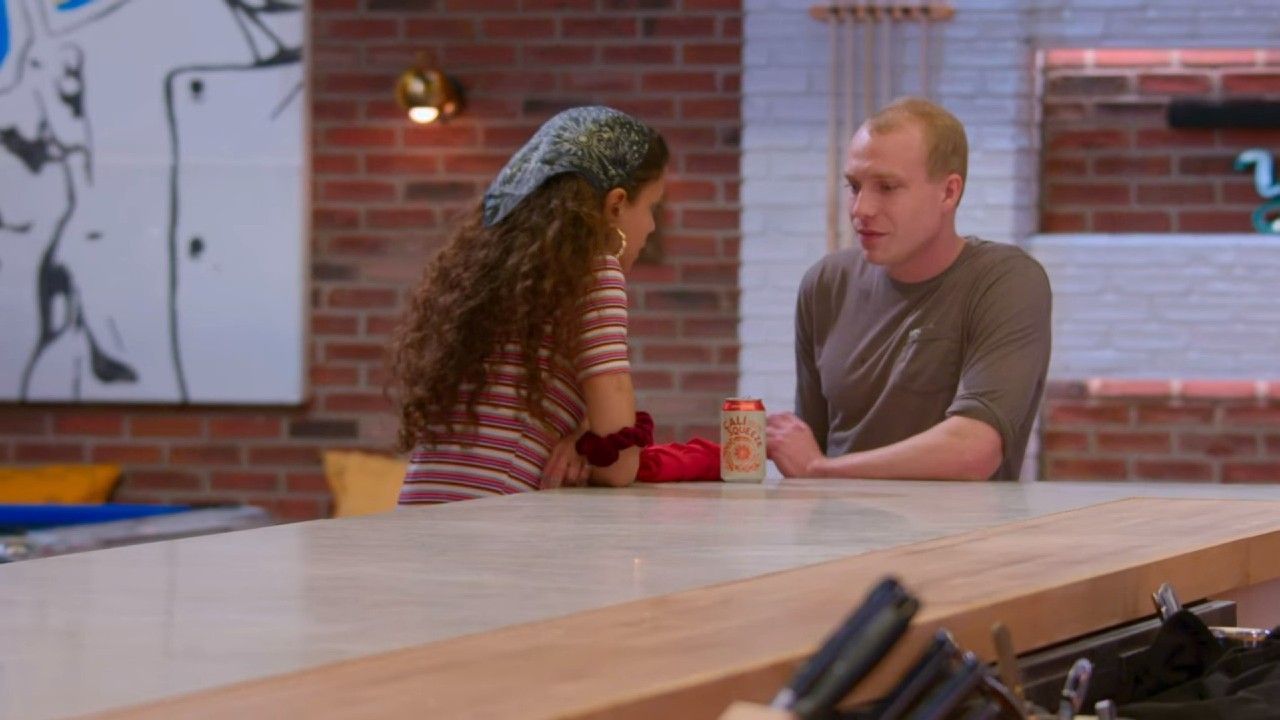
Pressure Cooker Turns The Typical Cooking Competition Series Into A Game Of Skill And Strategy
If Top Chef and Big Brother had a child, Pressure Cooker would be that child. Like Big Brother and similar shows, it puts a bunch of strangers (this time chefs) in a house together to compete for a title and prize money. Each week, the chefs essentially vote each other off.
Every elimination doesn’t come down to a vote, but many of them revolve around voting out players who are vulnerable to elimination. This doesn’t necessarily mean that the worst chef or dish will get voted off in each episode. Players actually form alliances and strategize to eliminate threats. They also manipulate situations to their advantage.
It’s a lot more cutthroat than many other reality TV cooking competitions, because, often, the chefs also act as the judges and can greatly alter the fate of one of the other contestants. In many cooking competition shows, the judges are famous chefs who determine who goes home each round. For this one, the power is in the hands of the chefs who compete.
They also come together in the finale to vote for the chef who they think deserves to win out of the finalists.
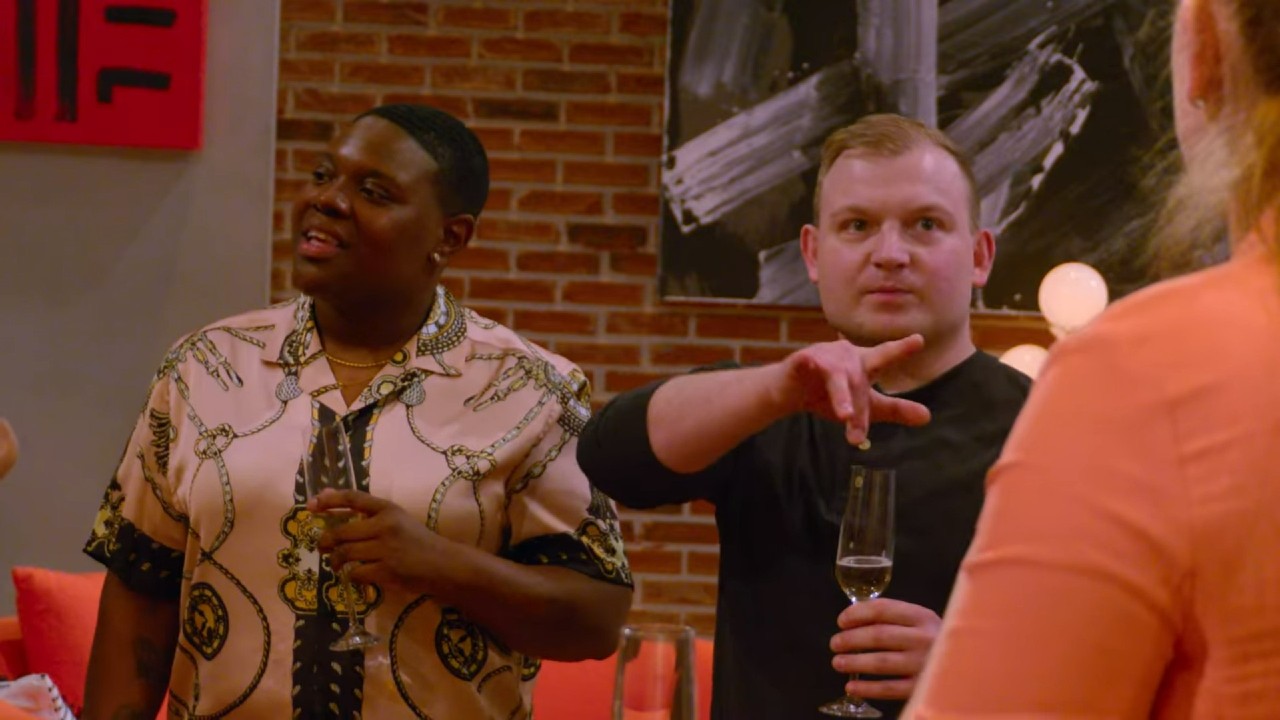
It Gives A New Spin On The Usual Reality TV Characters
Every reality TV show has a few types of characters that the producers throw into the mix, including the designated villain of the series. Pressure Cooker definitely has a villain, underdogs, the seemingly unbeatable character a.k.a. the comp beast, the nerd, and many more reality TV archetypes.
Your Daily Blend of Entertainment News
However, none of the contestants fit neatly into these categories. This makes them feel more human and realistic. The villain characters aren’t just rubbing their hands together and twirling their mustaches. The villainous behavior isn’t even that bad.
They just come off as more dubious than some of the other contestants. The editing here feels more natural, and less manipulative in trying to paint things or contestants in a certain way. Yes, there are clear audience manipulations, but it feels less excessive than some common American reality shows.
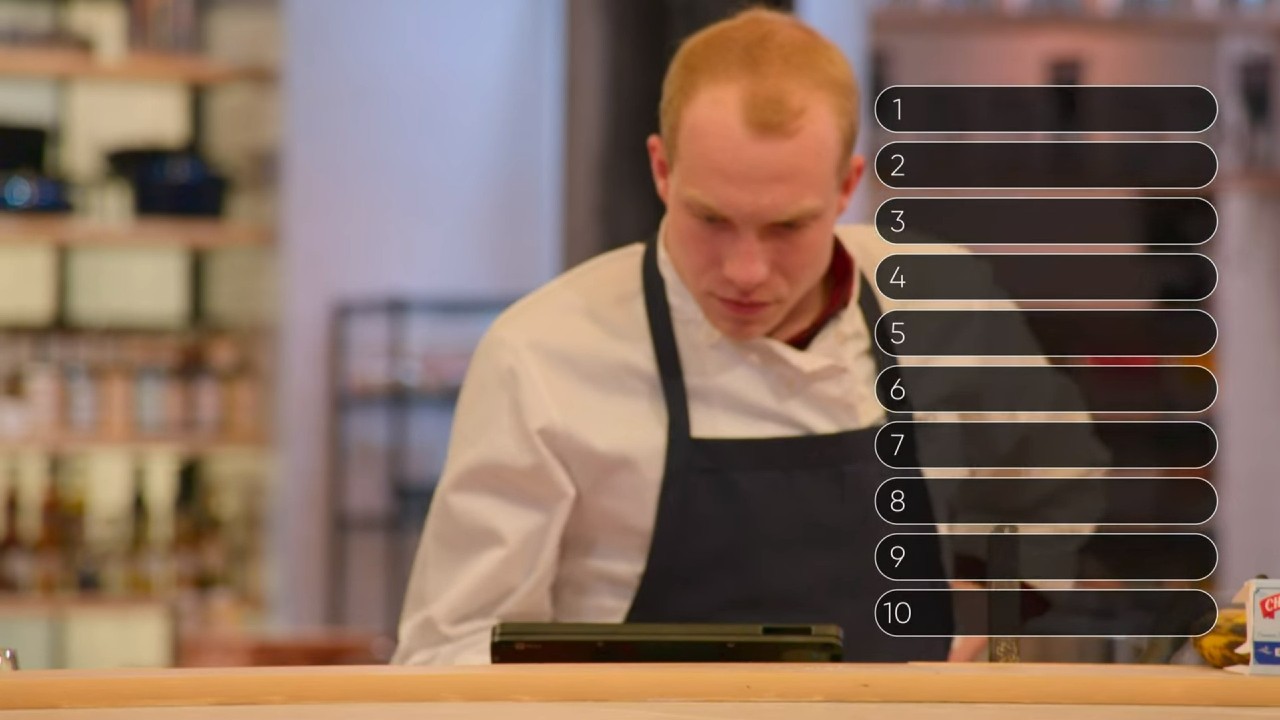
Pressure Cooker Makes The Contestants The Judges
I often expect Richard Blais to appear at least once on any given cooking reality TV show. Therefore, not seeing him or many of the other usual cooking show figures that we see on various cooking channels kind of feels unusual. However, after a few episodes, I loved the lack of known professional chefs as judges.
Their absence allows you to really get to know the contestants. It allows their personalities to show without the focus being on “look what cool chef we got this week" to judge, or “look at how great Gordon Ramsay is at yelling at people.” It’s more about showing how interesting these contestants are and the interesting ways they’re trying to cook.
I still enjoy celebrity chefs coming in from time to time, but Pressure Cooker proves that they’re not always necessary to make a show entertaining.
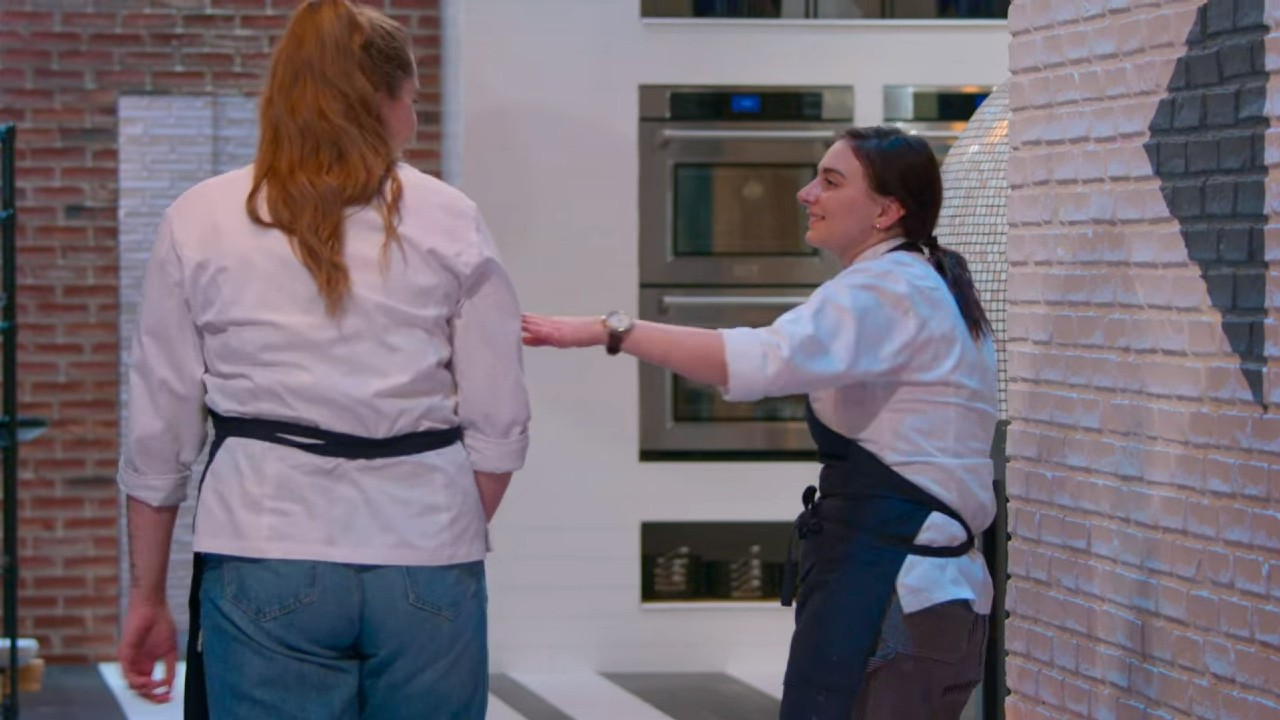
It Takes A Compact Approach To Episodes
Not every show needs more than 10 episodes. However, many cable networks and broadcast channels aim to have at least 10 episodes of any given reality program. This can sometimes feel like too much. There is only so much story to tell before things start to feel repetitive.
I’m an advocate of just making as many episodes as are necessary to tell the story. You know when a show feels like it has just the perfect amount of episodes, and Pressure Cooker falls into this category. Eight episodes are plenty to entertain, tell a compelling story, and give us enough information to decide if this is a show to continue watching. Additionally, I think with fewer episodes, there isn’t that much filler when it comes to telling a story. The essential details and elements become a priority.
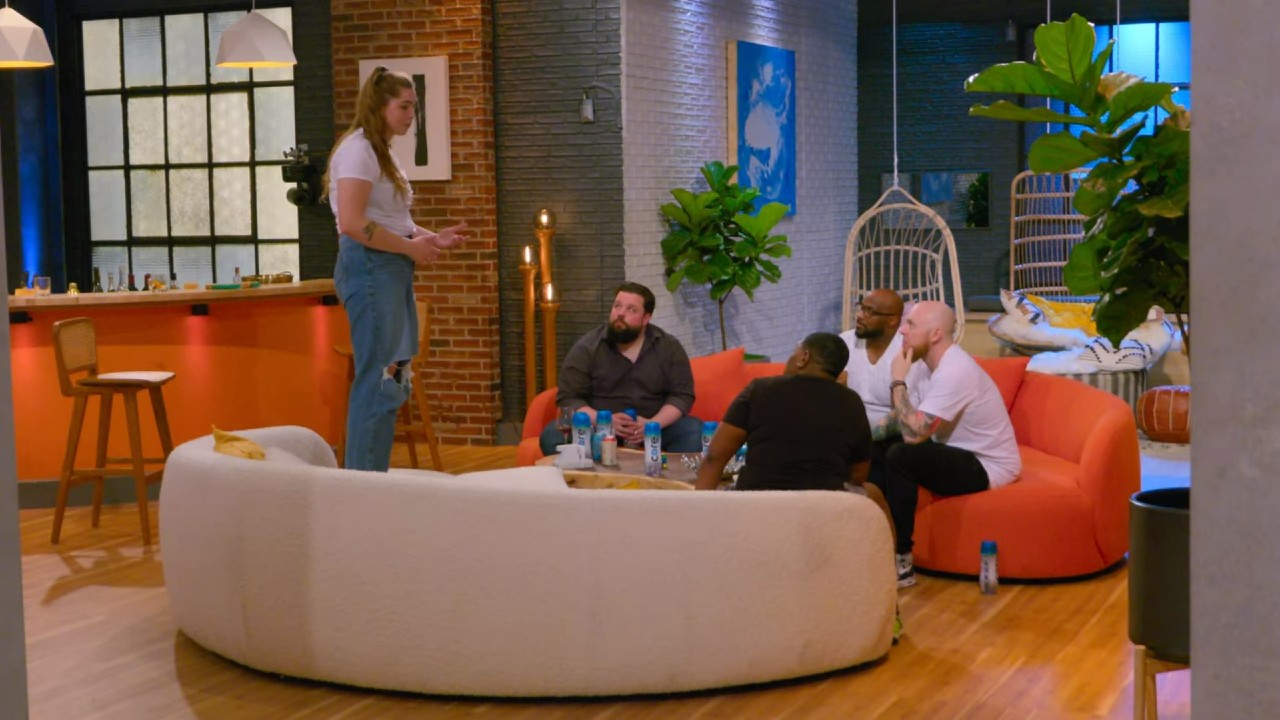
It Has Realistic Drama
Netflix loves drama when it comes to its many reality TV shows, though the streamer isn’t alone in this, as most reality TV show fans want entertainment, and for many, drama equals entertainment. Therefore, many networks cater to this demand. Sometimes the drama naturally flows, but other times, it’s manufactured.
One of the many great things about Big Brother is that if you put a bunch of strangers in a house together, drama will naturally happen. It’s one of the greatest social experiments for a reason. Pressure Cooker takes a similar path by having these contestants live together and judge each other.
It’s far less dramatic than say, the Real Housewives franchise, but it definitely has some drama, such as worrying about alliances and wondering if people are plotting against you. It has drama that feels authentic and true to human nature. This means that Pressure Cooker likely won’t have crazy dramatic moments, but it’ll build intrigue with organic things that cause drama, such as a lack of trust.
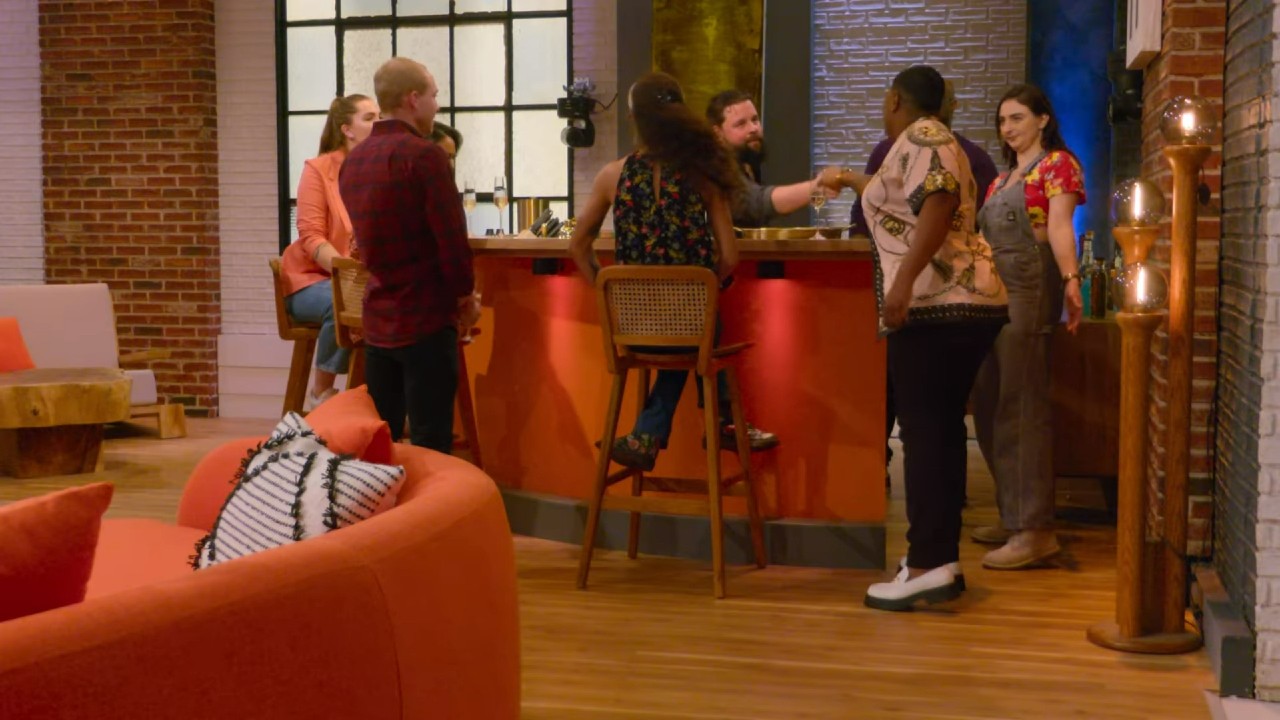
Pressure Cooker Shows That Talent And Personality Matters In Competition Shows
When picking a winner to represent your show or season, talent matters. However, the personality of the winner matters as well. No one wants someone who they don’t necessarily like or respect representing their show or season.
Additionally, if you live with someone long enough, you’re bound to have an emotional connection with them. This could come into play when deciding on a winner. If both contestants have great dishes, then the personality or overall performance starts to factor into the decision-making. Therefore, no one can expect to win a show without at least being somewhat likable. Pressure Cooker proves this with the final results. I can’t say too much, because you should watch and see for yourself, but personality definitely plays a role in the final results.
Pressure Cooker is one of the best shows to watch on Netflix right now. It has many elements that we love about reality cooking competitions, but with a few changes and adjustments to make it feel new and refreshing.
I hope this isn’t a show that Netflix cancels anytime soon, because now I’m hooked.
Stream Pressure Cooker on Netflix.

Spent most of my life in various parts of Illinois, including attending college in Evanston. I have been a life long lover of pop culture, especially television, turned that passion into writing about all things entertainment related. When I'm not writing about pop culture, I can be found channeling Gordon Ramsay by kicking people out the kitchen.
